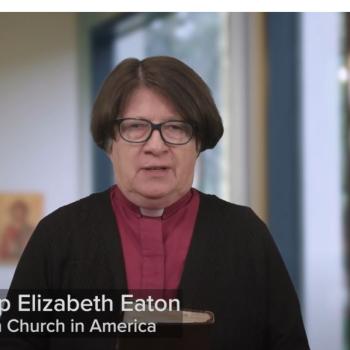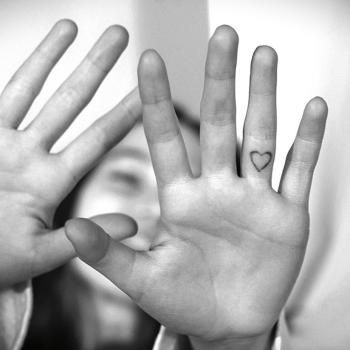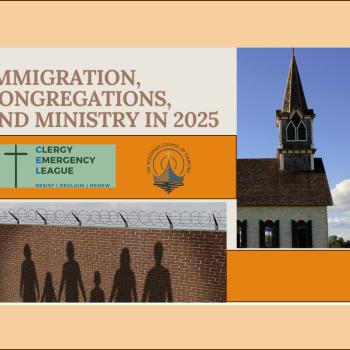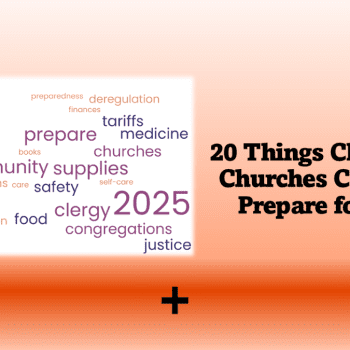I need to share what part I play in this country’s racism and white supremacy. It is not up to people of color to instruct us. It’s up to us as whitefolks to engage in this work and do it now. So I need to say it: I’m a recovering racist.
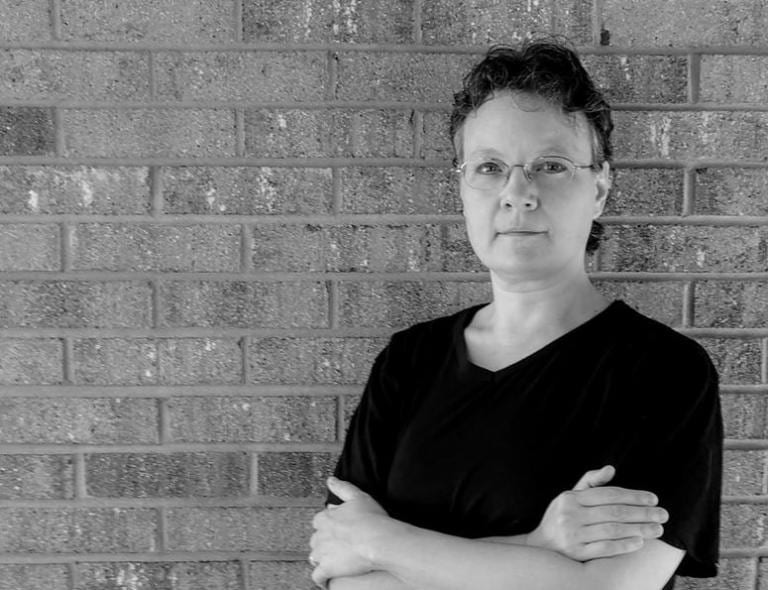
What do I mean by saying I’m a recovering racist?
I mean that I’m a white person who grew up in a family and a culture where the inherent assumption is that I am superior to people whose skin color is darker than my own. I unwittingly developed a set of discriminatory and derogatory attitudes based on assumptions and perceptions I learned about people of other races. While I was not aware of these assumptions growing up, they nevertheless undergirded all of my interactions with whites and people of color. It was the water I swam in but was not conscious of.
For example, even though I grew up in a racially mixed school and neighborhood that should have instilled in me a sense of community and camaraderie with children and adults who looked different than me, the reality was different. Some adults in my household used words like “porch monkey” and, yes, “nigger,” to refer to blacks in my community. This instilled in me an unconscious assumption that blacks were lazy, dirty, unintelligent, dangerous, and on the level of animals. I hate to admit that. But it’s the truth. And for the first decade of my life, I didn’t realize this was a problem, because it was just the way things were.
In fact, I never even knew the word “nigger” was a problem until third grade when I mispronounced the name of the country “Niger” when reading aloud in social studies class. All the kids reacted as if I had said a curse word. I had, but I didn’t know it. I was embarrassed and ashamed and didn’t know why. After class, the teacher pulled me aside to gently explain my mistake and why that word is verboten. I was nine years old.
Nearly forty years later, I see that conversation with my teacher as the first step in my decades-long (and still ongoing) recovery from racism. A racism training workshop I attended in seminary (the first of several) was another important milestone.
But it wasn’t until I was much older that I began to understand that racism is more than just a personal failing.
Racism has to do with the power that is ascribed to me based on my white skin. I didn’t ask for this power, and I may not always be conscious of it, but I have it nonetheless. It’s granted to me through social structures and conventions as well as my having access to resources that are closed to others based on their skin color. This means that my personal racism is a manifestation of a systemic problem. Our entire culture and society are in need of recovery from racism.
What do I mean by “recovery”? Is racism some kind of addiction?
I believe it is. Psychology Today defines addiction as “a condition in which a person engages in the use of a substance or in a behavior for which the rewarding effects provide a compelling incentive to repeatedly pursue the behavior despite detrimental consequences.”
In the case of racism, it’s not just a person but a system that is engaging in behaviors for which the rewarding effects (maintaining the status quo of whiteness as normative) provide a compelling incentive (the privileging of whiteness) to repeatedly pursue the behavior (the myriad forms of racism) despite detrimental consequences.
What are those consequences?
Our entire society is founded on and structured around an inherent belief in white supremacy. Everything from the schools we attend, to the places we shop, to the advertisements we see, to the courts and prisons that deal with our lawbreakers, to the way our votes are districted, to the banks that finance our mortgages all privilege whiteness in both subtle and blatant ways. This is called systemic racism and it affects all levels of society, even if individual members are trying their best to overcome their personal racism.
This means that for those of us who want to see change, we have to work on many levels at the same time. It means working to enact laws against gerrymandering, for example, while also calling out our family members who repeat racist jokes. It means advocating for protecting and restoring voting rights, while also educating ourselves about the history and current manifestations of racism in America. We have to be willing to talk about racism in our churches, while also cultivating friendships with people who are racially different than us.
So let me suggest that whitefolks like me need something akin to Alcoholics Anonymous. Perhaps we could call it Whitefolks Anonymous?
Whatever we call it, we need groups of whitefolks who meet on a regular basis to grapple with our addiction to white privilege, a racist system, and our own demons of white supremacy.
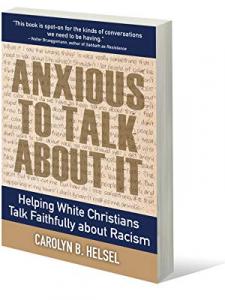
If you are a white Christian, I can recommend a book to help you start that conversation in your own congregation. Carolyn Helsel’s Anxious to Talk About It (Chalice Press, 2018) offers tools and practices to explore the anxious feelings that can come up when talking about racism. You’ll find that her book will enable your church to move through the anxiety and engage these difficult conversations. It’s not about judgment and fear. It’s about developing compassion, and gaining knowledge of self, others, and the important issues at stake.
And if you’re a preacher, I recommend Helsel’s follow-up book, Preaching About Racism. With straightforward and digestible chapters, this book offers both critical theory as well as strategies and insights for crafting biblical and theological sermons that address racism from different angles.
This is and will be a work in progress. But we have to start somewhere. I have to start somewhere.
So how does one recover from being a racist? Perhaps we need a 12-Step program…

Leah D. Schade is the Assistant Professor of Preaching and Worship at Lexington Theological Seminary (Kentucky) and author of the book Creation-Crisis Preaching: Ecology, Theology, and the Pulpit (Chalice Press, 2015).
Twitter: @LeahSchade
Facebook: https://www.facebook.com/LeahDSchade/
Read also:
To Understand Martin Luther King Jr., Read Howard Thurman
The Healing Power of ‘Moonlight’: Race, Erotic Love, and Baptism




